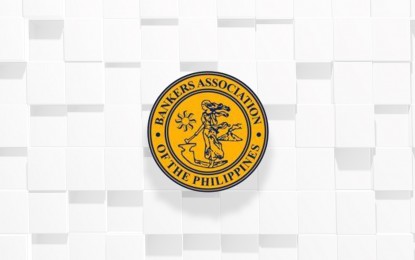
MANILA -- The Bankers Association of the Philippines (BAP) has urged the public to be vigilant against phishing activities especially now that some people rely on online transactions following the declaration of enhanced community quarantine in most parts of the country.
In a statement, the BAP said it has learned that some people have received electronic mails (e-mails) asking them to click a link to prevent de-activation of their bank accounts due to the coronavirus disease 2019 (Covid-19).
“We would like to advise against doing so since it will compromise your account security,” it said.
The statement said these emails are forms of phishing wherein personal and sensitive information will be asked in order to gain control of your accounts.
“Banks will never request for your sensitive information,” it said.
To safeguard their accounts, BAP advised the public to:
-Ignore any suspicious emails, calls or text messages, and report it to your respective banks immediately. This includes not opening nor clicking any links
-If you are concerned about the authenticity of the email/call/text message, contact your bank immediately and provide all necessary details about the email/call/text message
-Use only the official apps of your banks–check your bank’s official pages/websites to learn more
-Remember that your banks will never request for your personal information, account number or any one-time passwords
-Protect your passwords either by changing these regularly, or to create strong passwords to deter potential hackers
-Avoid using a shared network or a shared computer since these may be traced back or attract nearby hackers.
The statement said banks have incorporated two-factor authentication among other safety measures on all bank account-related transactions online.
“The banks are currently investigating the matter to ensure that fraudsters are apprehended and penalized,” BAP said as it encouraged the public to visit its website at https://bap.org.ph/
